Prepare Your Finances Now for a Second Phase of the Coronavirus

Great strides were made in March and April to reduce the outbreak of the coronavirus. We tried to severely limit our trips out and when necessary, did so with caution. And it worked. Cases came down to manageable levels.
However, the desire to get back to normal may have taken place too quickly as evidenced by increasing cases and fatalities. This reality has economic implications. Most people, watching the numbers, feel limiting their exposure to public businesses, places, and events is perhaps now even more prudent. The result could be prolonged weakness for many parts of the economy. To prepare for further economic uncertainty and the financial strain that may impact you personally, here are some important steps to take.
The coronavirus crisis highlights the importance of good, foundational financial planning. Planners often recommend having 6-12 months of expenses saved in cash for emergencies. However, with so many unemployed and many businesses looking to simply maintain operations and not bring on new employees, it is smart to err on the long end of this scale. An emergency fund that can cover expenses for 12 or even 18 months can provide an important safety net if the unexpected happens (like a job loss or extended illness). It can also give you needed security and peace of mind when so many things are uncertain.
When we are under financial stress, having fewer expenses and obligations makes it easier to make ends meet. By paying down or paying off credit card debt, you can better weather financial storms if your income is reduced or if you are let go. Note that while the government wants you to spend the stimulus check you may have received (or may receive in the future), if you do not need to, a much better use of the cash may be to start or grow your emergency fund or pay down credit card debt.
Reviewing all employee benefits is another an important step. If you do not already have these benefits, you may need to wait for your company’s next open enrollment period, which could be just around the corner (many companies have open enrollment for benefits in November). Here are some benefits that should be checked:
For those with compromised health, make sure any workplace benefits that allow for sick leave or remote working are fully explored. Working from home may reduce the chance of catching the coronavirus. It may also guard against the financial damage of an extended illness.
Life insurance. If you have children, a spouse, or others that rely on your income, you should make sure your life insurance is adequate to fulfill the needs of your family. With so much that is uncertain and a serious illness in our environment, we are reminded that we may not be around tomorrow, next month, or next year. Life insurance is one of the most basic ways to make sure your family has resources to continue on if you pass.
Many companies offer life insurance as a benefit. While insurance that does not rely on employment is often preferable, life insurance offered through an employer may be an excellent way to quickly boost your coverage. Often employer provided life insurance has minimal underwriting requirements, making it a quick and easy way to get or increase coverage.
Disability Insurance can replace a substantial portion of your income if you are no longer capable of working. This is important for families as well as single individuals. While you may survive a bout of the coronavirus, you may not be able to work for an extended period or even in the same line of work. Having disability insurance means you can continue to receive a portion of your income, even if you cannot work. Disability insurance is often offered through employers and can be an excellent way to quickly get coverage.
Long Term Care Insurance can be critical in paying for healthcare expenses that last over an extended period. Not only do elderly people have these needs, but those with debilitating illnesses or accidents may need assistance with bathing, dressing, eating, or just getting out of bed. Healthcare costs that drag out for months can be one of the most corrosive and damaging things to hit your finances. Check with your employer to see if coverage is available and if not, you may want to explore coverage with an independent insurance agent. Having long term care insurance can be a critical shield to protect against the significant burden of long-term care expenses.
The sober fact that the coronavirus can kill you means having an estate plan is critical. By naming or updating beneficiaries on your IRA and other investment accounts and creating a will, you can designate where your assets go should you pass from the coronavirus. Not only does this allow you to direct things in the manner you desire, you will likely cut down on the headaches, confusion, and potential costs your family would face without a will. Additionally, if you are single or married with minor children, you need to consider naming someone to raise your children should one or both of you pass.
Two other important components of an estate plan are Powers of Attorney and Healthcare Directives. With a power of attorney, you can appoint someone to act on your behalf to make financial and/or healthcare decisions, while a healthcare directive gives your family and healthcare providers instructions should you be in an unrecoverable/vegetative condition and wish not to prolong your life via artificial means or technology.
Get your portfolio allocation right. Are certain areas of the market greatly over or underrepresented in your portfolio? Do you have imbedded investment risks in your accounts that you have been ignoring? Would a drop of 30 or 40% of your investment account value while losing your job cause you sleepless nights? Making sure you have a portfolio that is truly diverse, aligns with your goals, and tolerance for risk is critical. Also, make sure your portfolio can safely provide for programmed and known withdrawals set to occur over the next 12 to 24 months. Lastly, with the recovery that has occurred in stocks over the past few months, now may be an excellent time to review your holdings and build a portfolio with greater resiliency should another storm hit stock markets.
Before a potential second phase of the coronavirus occurs, reviewing your financial affairs and getting things organized is somewhat like making preparations for a big storm. Having the needed resources at hand and starting from a place of strength can make weathering a storm much easier. While the ideas noted in this article are important to consider, you should consult with your tax, legal, or financial advisor before making any changes.



